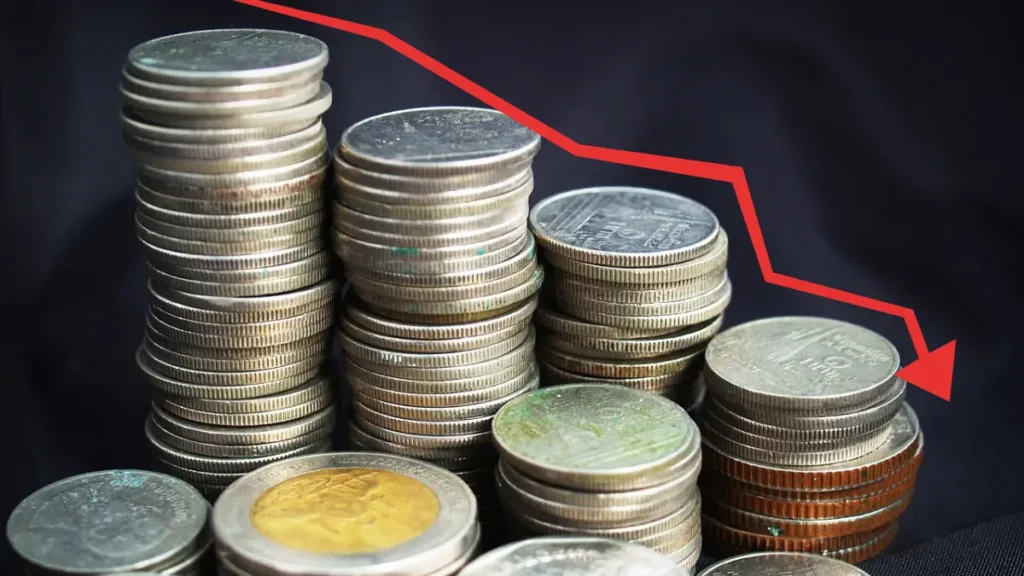Buy now pay later (BNPL) loans have surged in popularity in recent years, giving consumers an easy way to split purchases into installments. However, new data shows these products may be contributing to ‘phantom debt’ that is harder to track and could lead to financial trouble for some.
Buy Now Pay Later Spending Hits New Highs Over Holidays
According to figures from Adobe Analytics, spending through BNPL installment plans rose 14% compared to last year’s holiday season. The increased adoption of these payment methods coincided with concerns around affordability as inflation squeezes household budgets. Proponents argue that BNPL allows consumers to access credit more affordably than traditional options like credit cards.
Lack of Oversight Poses Risks
However, Buy Now Pay Later operates with less regulation and fewer consumer protections compared to regulated loans. Since no central database currently exists, it’s difficult for lenders or consumers themselves to keep tabs on multiple outstanding BNPL loans. With interest-free plans now charging later fees and interest, BNPL is feeling increasingly similar to credit products, but without critical oversight and disclosures.
The difficulty tracking total BNPL borrowing across different providers is sparking worries over a rise in so-called ‘phantom debt’. Experts now believe unreported BNPL balances could mean total household debt levels are higher than assumed. Without mandatory reporting to credit bureaus, indebtedness may be accumulating stealthily according to analysis. This creates risks if economic conditions change.
Managing Multiple Loans Can be a Burden
Research also finds installment payment plans may encourage more impulse purchases as they mask the true upfront cost. Juggling numerous due dates from various Buy Now Pay Later apps presents another burden. If a payment is missed, late fees or default charges then apply without the same legal remedies afforded to credit users. There are concerns some borrowers risk becoming overextended through easy access to numerous small-ticket loans.
In response to these risks, regulators like the CFPB have signaled closer scrutiny of BNPL. Key concerns involve a lack of clear cost disclosures and obligations, as well as the potential for unsustainable debt build-up. With installment loans more entrenched, policymakers want protections applying like those covering credit to safeguard consumers and maintain fair practices across similar products. Transparency must be improved regarding terms, penalties, and the health of the market to oversee BNPL’s growing role responsibly.
Outlook Depends on Regulatory Response
If left unchecked, ‘phantom debt’ accumulation poses risks to households and broader financial stability. However, the future of BNPL also remains uncertain pending regulatory guidelines. Standardized reporting to credit files could offer better oversight of borrowers’ full obligations. With economic headwinds ahead, the need for sustainable lending practices will only intensify. Much depends on timely coordination between the industry and regulators to support continued innovation safely.
In summary, while BNPL offers consumers flexible financing alternatives, its lack of transparency requires government oversight to curb risks of over-borrowing or unfair treatment. As options proliferate without monitoring of total debt levels, troubles could emerge unless reporting and protections are strengthened to safeguard sustainability. Regulators now aim to bring more visibility and accountability to this expanding segment of consumer credit.

